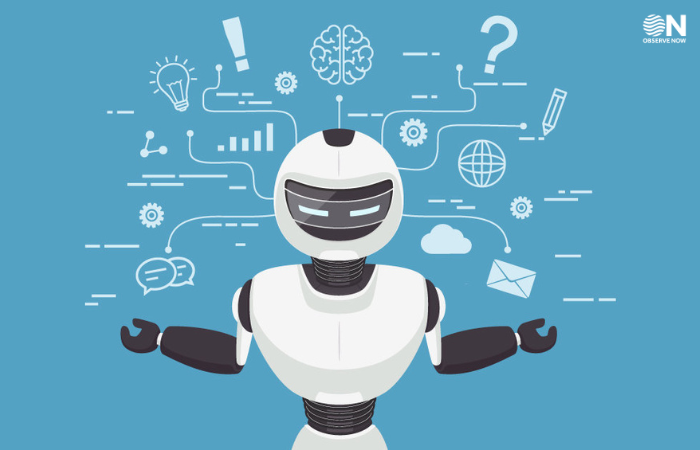Agentic AI in B2B Marketing: Promise, Performance, and the Pitfall of Poor Data

Agentic AI would be a game-changer in B2B marketing. These autonomous AI agents don’t just assist—they act. They will manage campaigns, write content, do outbound calling to book appointments, and even respond to leads. But as powerful as they are, there’s one truth B2B marketers can’t ignore: Agentic AI is only as smart as the data it’s fed. Bad data in, bad decisions out.
So, what exactly is an Agentic AI?
Unlike traditional AI that waits for human prompts, agentic AI operates independently, analyzing data, executing tasks, and optimizing processes on the fly. It brings proactive intelligence to marketing, enabling teams to scale campaigns, personalize outreach, and deliver real-time insights without lifting a finger.
Salesforce’s Agentforce, launched as part of its broader AI vision, exemplifies this. Integrated into its CRM ecosystem, Agentforce allows companies to create tailored AI agents to automate customer interactions, sales follow-ups, and even content deployment. Adobe and PwC have followed suit with AI agents like Brand Concierge and Agent OS, aiming to embed autonomy across marketing workflows.
All this said, there is one big dilemma that all marketers face each day. It’s the Data Dependency Dilemma. As experts say, “You can’t have an AI strategy without a data Strategy.”
These fancy tools get all the attention; however, data is the one who actually does the groundwork. Without clean, structured, and up-to-date data, even the most advanced AI agents can and will falter. They can’t “think” beyond the data they’re given. Feed them outdated lead lists, incomplete customer profiles, or misleading engagement signals, and the output quickly devolves into irrelevance—or worse, reputational damage.
So, what exactly is the real-world impact of poor data?
Let’s say your CRM contains duplicate contacts, missing job titles, or outdated company names. If an AI agent is tasked with launching an email nurture campaign, it could:
- Personalize emails with the wrong names or roles.
- Send content irrelevant to the recipient’s industry.
- Trigger follow-ups to already closed deals.
This not only kills campaign effectiveness but can erode trust with high-value B2B prospects. In a recent Gartner study, it was found that poor data quality costs organizations an average of $12.9 million annually—and in AI-first operations, that number is likely higher.
As Salesforce’s own success metrics show (5,000 Agentforce deals and $900M+ in AI revenue from its Data Cloud), the engine driving this success is the quality of its underlying data architecture. Agentforce only works well because it pulls from centralized, enriched, and normalized customer data in real time.
Why Data Governance Matters in an Agentic World ?
Agentic AI in B2B is not “plug and play.” For it to truly deliver value:
- Data integration must be seamless across CRMs, email platforms, social media, and the overall martech stack in general.
- Data hygiene routines—like de-duplication, validation, and enrichment—must be regular and automated.
- Human oversight should ensure AI agents aren’t running rogue on bad Assumptions.
Tools like Segment (for customer data infrastructure) or Talend (for data quality management) are becoming critical layers in the AI stack—not just optional add-ons.
The bottom line is Agentic AI is poised to revolutionize B2B marketing—automating workflows, enhancing personalization, and increasing campaign speed and scale. Software has traditionally supported human labor. However, with the emergence of agentic AI — a new wave of AI-powered tools capable of performing tasks autonomously or with minimal oversight — software is evolving from merely assisting labor to increasingly acting as labor itself, aka “Software-as-a-Service.”
But the foundational rule remains: garbage in, garbage out. Feed your AI agents disjointed, inaccurate, or outdated data, and you’ll end up scaling chaos, not results. As companies like Salesforce, Adobe, and PwC embrace agentic AI, the winning formula isn’t just about building smarter agents—it’s about building cleaner, more connected data ecosystems. Because in the end, even the most intelligent AI can’t save a business from its own bad data.
Author: Monil Hathi – Senior Vice President & Global Head of Marketing – Pacific Group of Companies
Disclaimer: The views expressed in this article are solely those of the author and do not necessarily reflect the opinions or policies of ObserveNow Media. The author is solely responsible for ensuring the accuracy, completeness, and validity of the information presented, encouraging readers to independently verify and seek professional advice if needed.
















